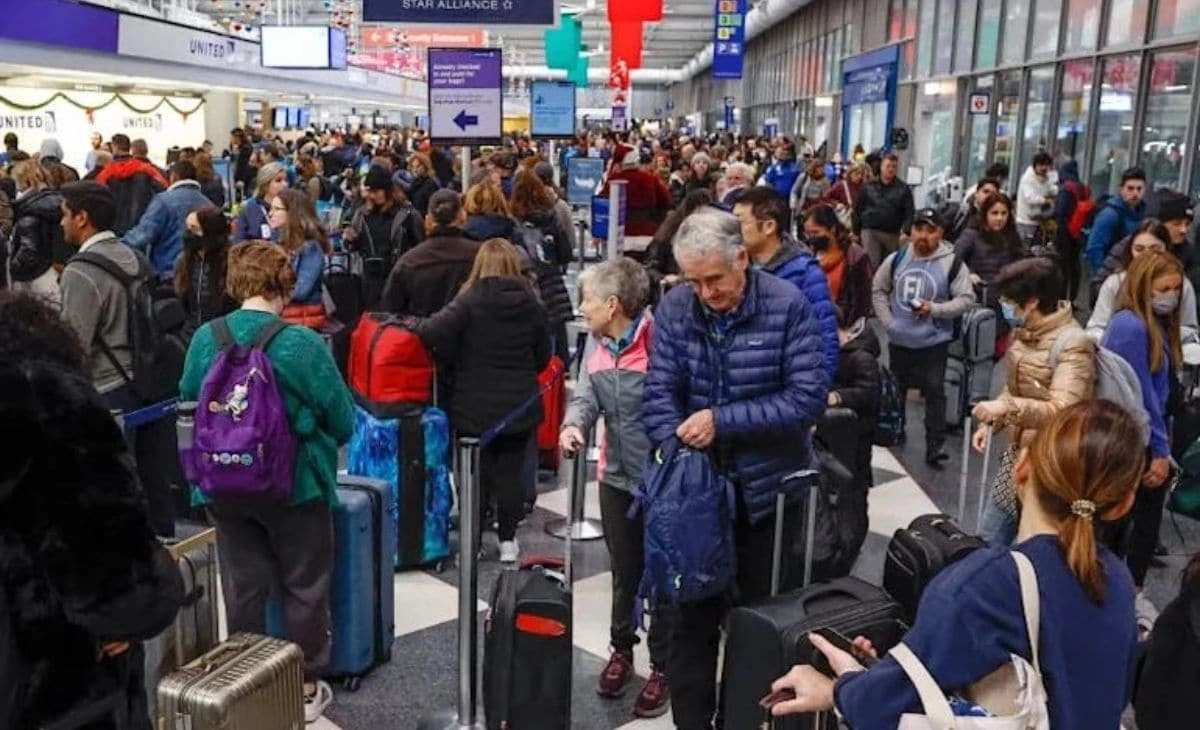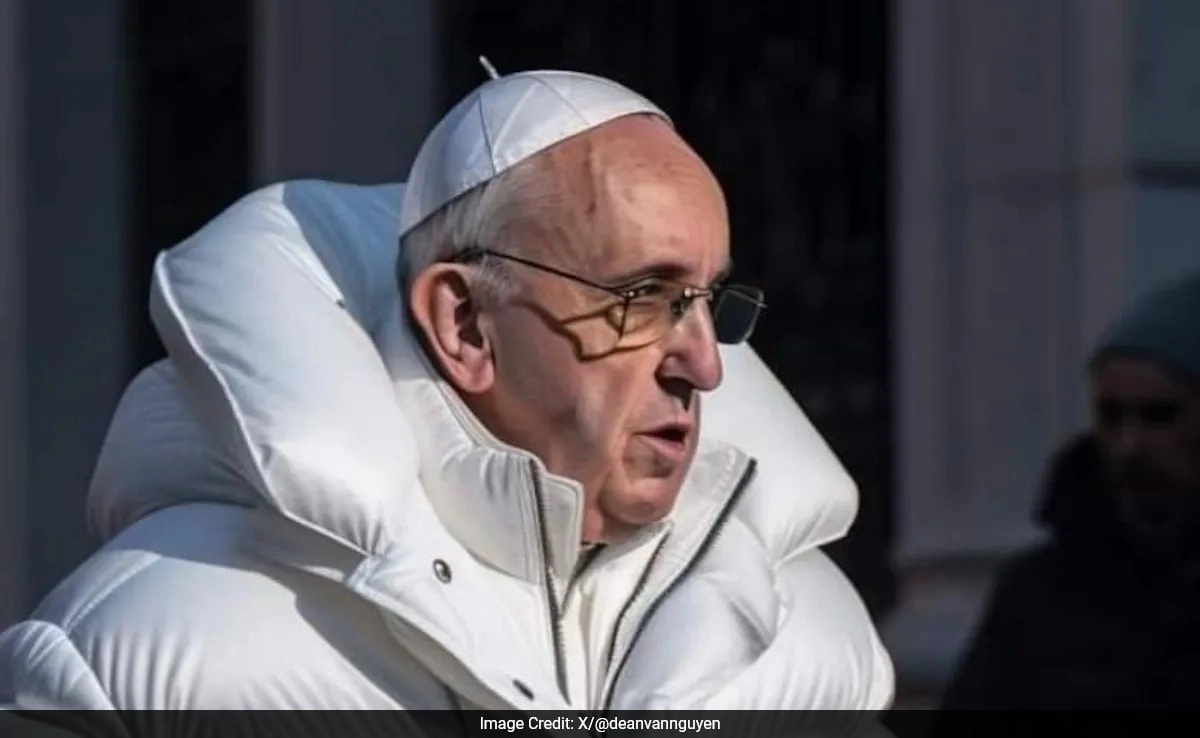In a recent discussion regarding the H-1B visa fee hike, a former diplomat offered a striking analogy by comparing the situation to “trying to put toothpaste back in the tube.” This metaphor encapsulates the challenges and complexities associated with the changes in visa regulations and the financial implications for both employers and foreign workers. The H-1B visa program, which allows U.S. companies to employ foreign workers in specialty occupations, has been a pivotal pathway for skilled migrants seeking opportunities in the United States. However, the recent fee increases have sparked a significant debate about their impact on the overall immigration landscape and the economy.
The former diplomat emphasized that once the toothpaste is out of the tube, it is nearly impossible to return it to its original state. This statement reflects the concerns about the long-term effects of the fee hike on the H-1B visa program and the broader implications for the U.S. job market. As companies grapple with rising costs, there is a fear that many may reconsider their hiring practices, potentially leading to a reduction in the number of foreign workers brought into the country. This could have a cascading effect on innovation and competitiveness, as many industries rely on the specialized skills that these workers provide.
Furthermore, the discussion highlighted the importance of clarity in policy-making. The ambiguity surrounding the fee increases can create uncertainties for businesses that depend on H-1B workers. The former diplomat called for a more transparent approach to immigration policy that balances the needs of the economy with the realities faced by foreign workers. By addressing these challenges head-on, policymakers can create an environment that both attracts talent and supports the growth of various sectors within the U.S. economy.
In summary, the analogy of “trying to put toothpaste back in the tube” serves as a poignant reminder of the irreversible nature of policy changes, particularly in the realm of immigration. As the U.S. continues to navigate these complex issues, it is crucial for stakeholders to engage in meaningful dialogue to ensure that the H-1B visa program remains a viable option for skilled workers worldwide. This approach will not only benefit the individuals seeking opportunities in the U.S. but also enhance the country’s ability to maintain its position as a global leader in innovation and economic growth.




